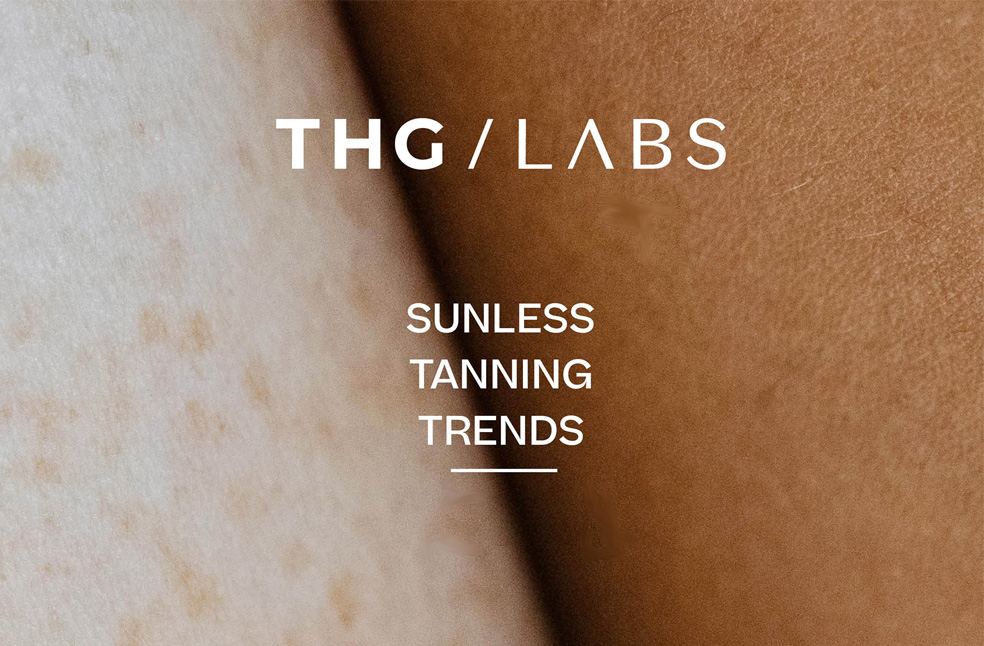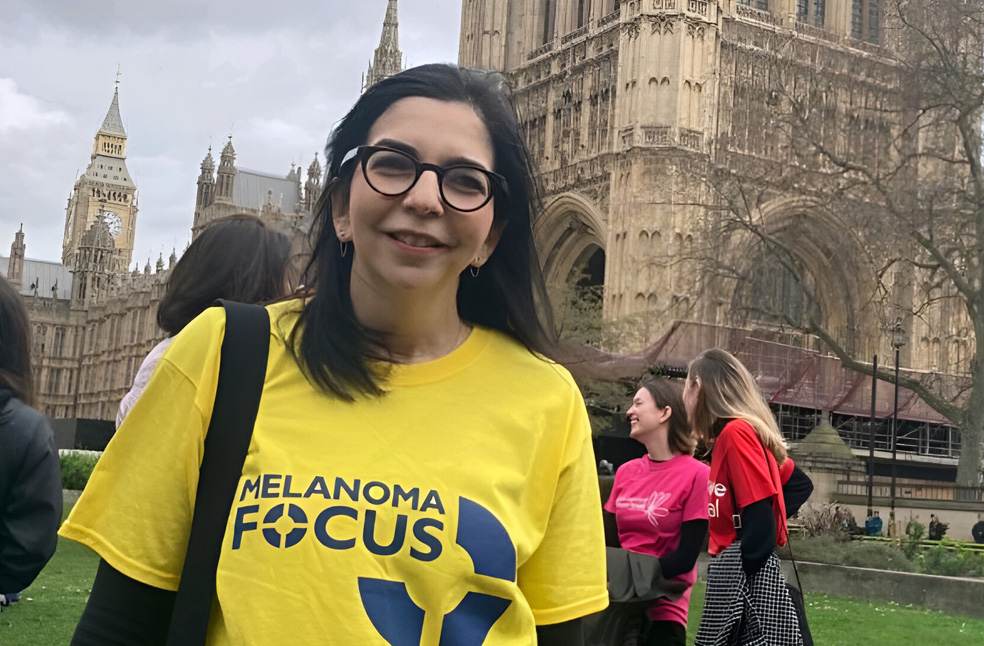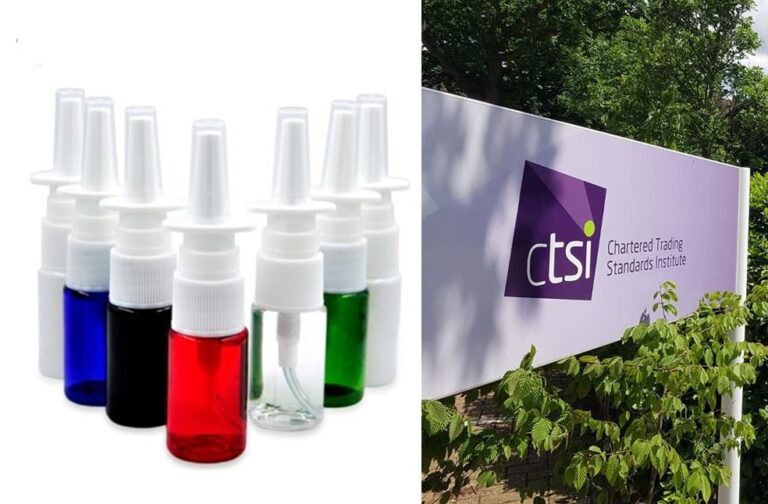London: Trading standards officers have issued a major health warning over nasal tanning sprays that have been linked to skin cancer, respiratory problems, and severe allergic reactions.
These unregulated and dangerous products, marketed online and boosted by social media influencers, are being flagged as a growing threat to public safety by the Chartered Trading Standards Institute (CTSI).
The sprays, which are inhaled through the nostrils, typically contain melanotan 2, a synthetic hormone not approved for use in the UK. This substance stimulates melanin production in the body to darken skin and can enhance tanning effects when used with sunbeds or sun exposure.
However, it has been linked to a range of serious health risks including nausea, vomiting, high blood pressure, kidney damage, and an increased risk of melanoma skin cancer.

CTSI warned that the rising demand for these sprays, especially among young people, is concerning, and likened their popularity to the rapid growth of youth vaping.
The trend is being driven by influencer marketing across social media platforms. Some of these sprays now come in flavoured versions like peach, bubble gum, and lime, which make them even more appealing to teens and young adults.
According to THG Labs’ Sunless Tanning Trend Report, the UK’s self-tan market was valued at £582.2 million ($735 million) and is projected to grow to £746.3 million ($941 million) by 2027. Experts warn that nasal tanning sprays could exploit this growth, despite being illegal and unsafe.
CTSI officers highlighted that these products often lack proper ingredient lists, health warnings, or safety assessments. Some are sold at around £20 ($25) each, with ‘extremely flavoured’ versions reaching £30 ($38). Multi-packs are marketed cheaply at around £25 for two ($32). Consumers have reported severe reactions, with some requiring hospitalisation.

Richard Knight, CTSI’s lead officer for cosmetics and beauty, said that this case should serve as a stark warning. “Unlike cosmetic products, nasal tanning sprays are unlikely to have had expert safety assessment, and use of relevant health warnings and instructions for safe use are rare. This means that no one, including influencers, can truly know the risks of using these quasi-medical potions,” Knight added.
Despite containing a medically controlled substance, many of these sprays are falsely marketed as cosmetics, bypassing UK medical regulations.
Susanna Daniels, CEO of Melanoma Focus, highlighted that, “We’re becoming increasingly concerned about the use of both nasal tanning sprays and tanning injections and their potential links with melanoma skin cancer. These unregulated and illegal products not only pose serious health risks but also encourage harmful behaviours, particularly among young consumers.“
The CTSI recommends consumers stick to safer, regulated self-tanning options such as skin-applied lotions or sprays. These are covered under the UK Cosmetics Regulation and include proper usage guidelines and safety standards.
As the self-tanning industry continues to grow, authorities are calling for increased public awareness, regulatory oversight, and social media accountability to stop the spread of harmful, untested products.



